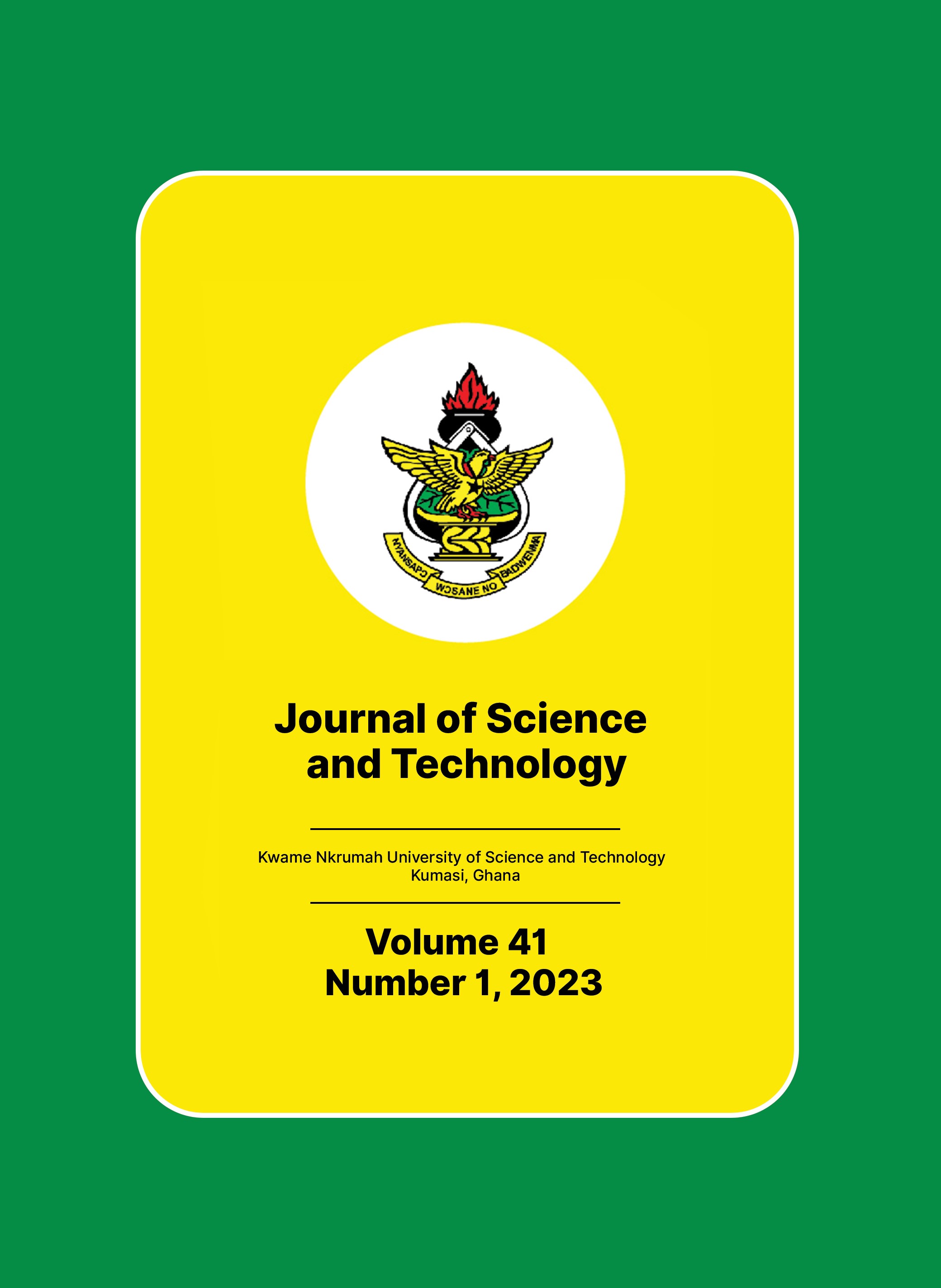Main Article Content
Households’ Willingness to Adopt Biogas Energy In the Birim North District of Ghana: Insights for Local Governments for Clean Energy Promotion
Abstract
Rural Ghana has potential for widespread use of biogas energy by households, which would contribute to the achievement of UN’s Sustainable Development Goal 7 (affordable and clean energy). However, knowledge of households’ willingness to adopt it is still scanty. Therefore, this paper examines socio-economic factors that may influence the willingness of households in the Birim North District of Ghana to adopt biogas energy for cooking. Using survey data, the study analyses the effects of gender, age, education and occupation of household heads, household size, type of energy currently used for cooking, household expenditure on energy for cooking, income and prior awareness on willingness to adopt biogas. Data were collected from a random sample of 392 households, and analysed using chi-square and multiple binary logistic regression methods. With the exception of education, all the socio-economic variables stated above have significant effects on households’ willingness to adopt biogas technology. However, the exact nature of the influence of these variables (i.e. whether negative or positive) does not necessarily conform to what pertains elsewhere. The findings provide local governments and other stakeholders with relevant insights to properly target households with appropriate educational and marketing strategies for biogas adoption.





